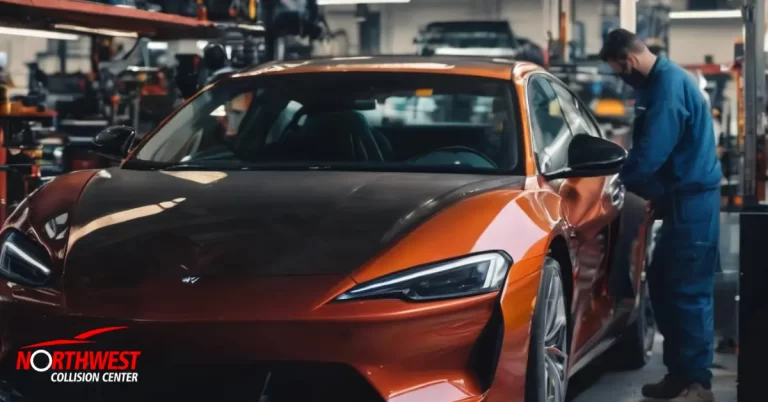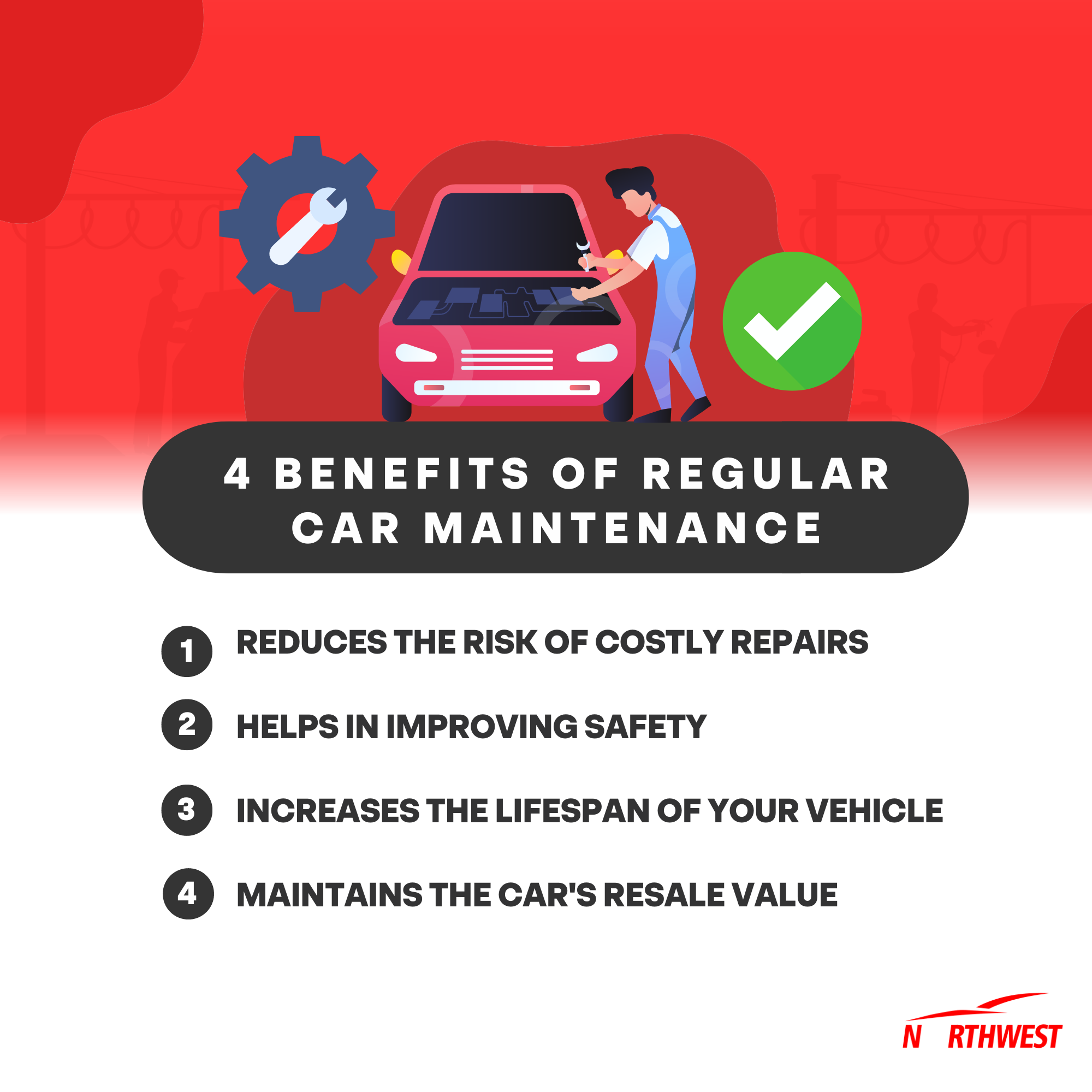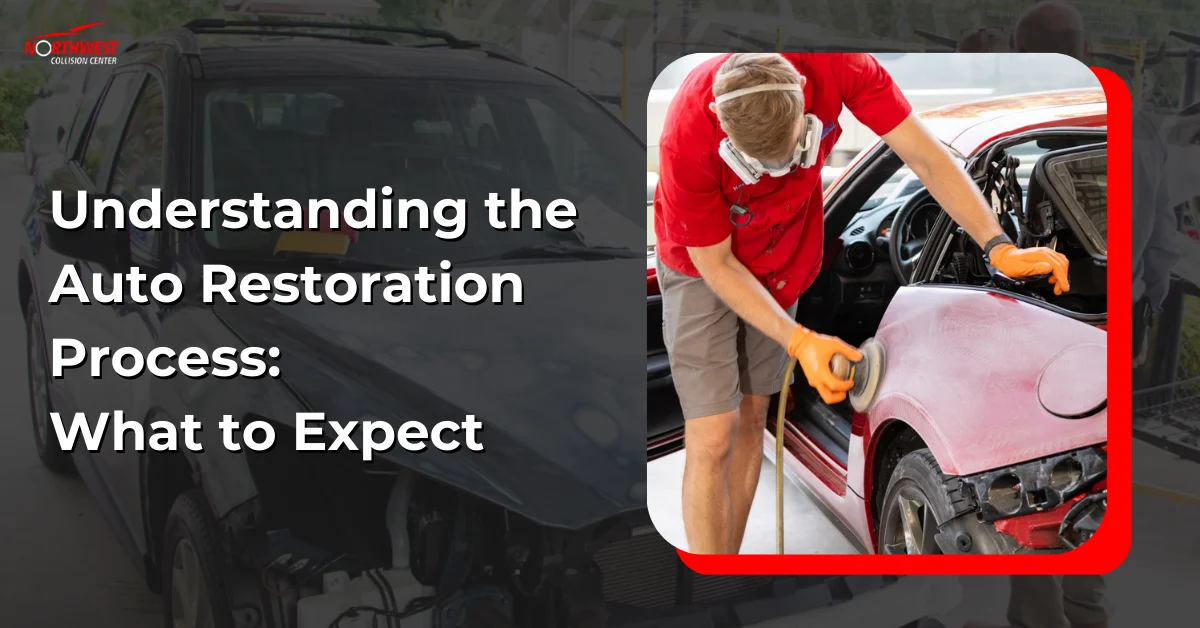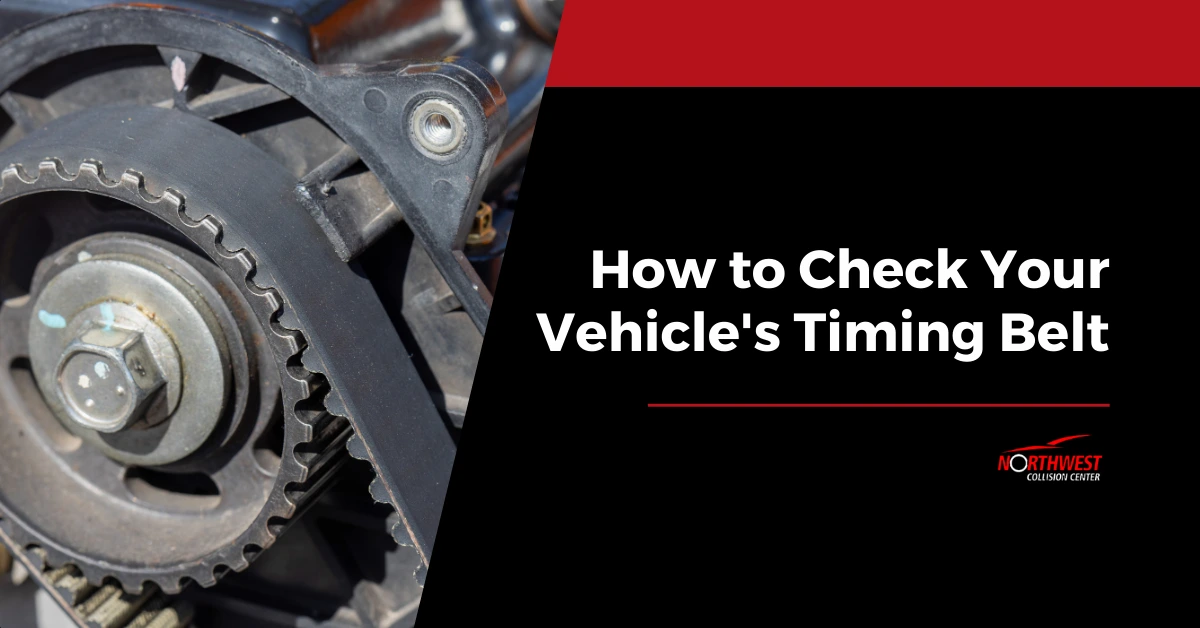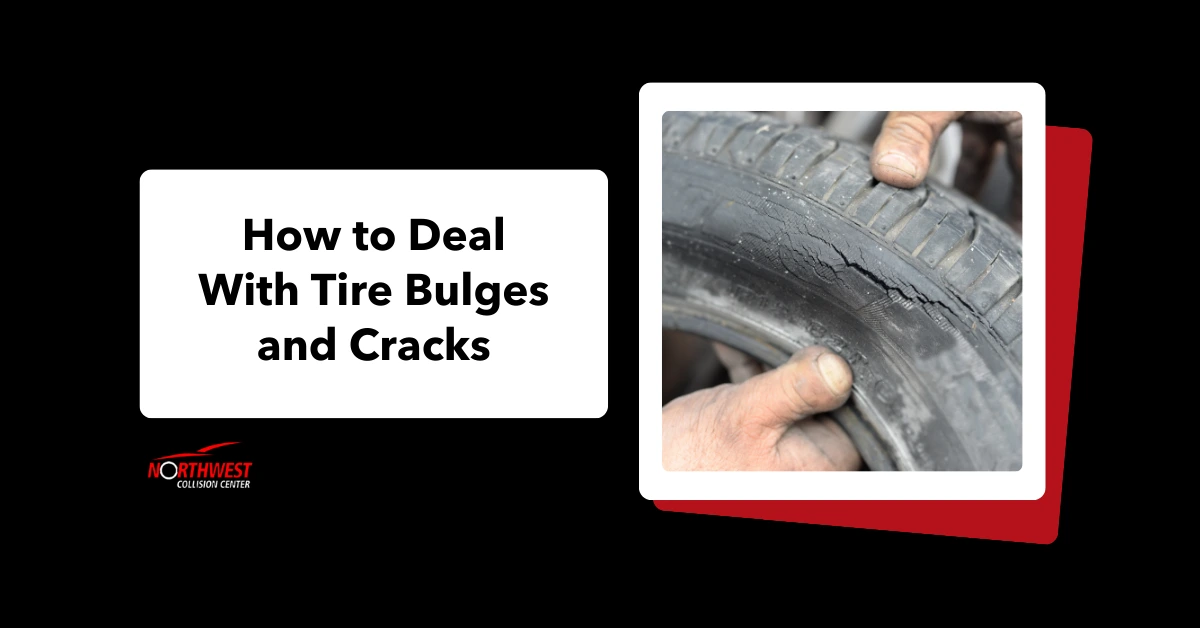Maintaining your car regularly is similar to keeping your body in shape. Just as you visit the doctor to stay in good shape, your car needs regular attention to keep it running smoothly and safely. Whether it’s changing the oil, checking the brakes, or getting a tune-up, staying on top of things will help you avoid major problems.
As a car owner, you know how important it is to have a reliable means of transportation. Your car gets you where you need to go, whether it’s to work, school, or a weekend getaway. But to rely on your vehicle, you must take care of it. That’s where regular car maintenance comes in.
What Is Regular Car Maintenance?
Regular car maintenance involves a series of scheduled checks, inspections, and repairs that aim to keep your vehicle in optimal condition. It includes various tasks like changing fluids, replacing worn-out parts, and performing routine inspections to catch any potential issues early on.
Think of regular car maintenance as a proactive approach to car ownership. Instead of waiting for a breakdown or a major problem to occur, you take preventive measures to ensure your vehicle’s performance and longevity.
4 Benefits of Regular Car Maintenance
1. Reduces the Risk of Costly Repairs
Skipping or neglecting maintenance can lead to bigger problems down the road. For example, failing to change the oil can result in engine damage, and ignoring worn-out brake pads can lead to brake failure. These issues are not only inconvenient but can also be expensive to fix.
On the other hand, when you stick to a regular auto maintenance schedule, mechanics can catch issues immediately before they turn into major headaches. It’s like fixing a small leak in your house before it causes significant damage. Addressing problems when they are still manageable can save you from the mental and financial stress of more extensive repairs.
2. Helps in Improving Safety
Car maintenance and safety go hand in hand. After all, you wouldn’t want to be stranded on the side of the road or, even worse, involved in an accident because of a preventable mechanical failure.
By investing in regular car maintenance, you are giving your vehicle a better chance of performing optimally and reliably. Routine checks and inspections can catch potential safety hazards like faulty brakes, worn-out tires, or malfunctioning lights. Taking care of these issues promptly reduces the risk of accidents and gives you peace of mind every time you hit the road.
3. Increases the Lifespan of Your Vehicle
When you buy a car, you want it to last, right? Well, here’s the thing: vehicles that receive regular maintenance tend to have longer lifespans. It’s like giving your car a key to the fountain of youth.
Why does regular car maintenance help extend a vehicle’s life? Simple. It’s all about prevention. When you take care of your car and address any issues early on, you prevent them from turning into more significant problems that could sideline your vehicle for an extended period.
4. Maintains the Car’s Resale Value
Unless you plan to drive your car until its wheels fall off, resale value matters. Many car owners use the proceeds from selling their current vehicle to help fund the purchase of a new one. So, if you want to get the most bang for your buck when it’s time to sell, regular car maintenance is the way to go.
Here’s the deal: well-maintained cars are attractive to buyers because they signal that the vehicle is in good condition and has been cared for. On the flip side, if you have a service history full of skipped maintenance and neglect, potential buyers may see it as a red flag, and you’ll likely be offered a lower price.
Creating a Regular Car Maintenance Schedule
Now that you know the benefits of regular car maintenance, it’s time to create a schedule. But before you start jotting down dates, here’s a regular car maintenance checklist to consider:
1. Consult your vehicle’s owner manual
Your vehicle’s owner manual is like a roadmap for car maintenance. It provides guidance on the specific service intervals recommended by the manufacturer. Following these recommendations is a smart move because they are tailored to keep your vehicle in the best possible shape.
2. Assess your driving habits
Some maintenance tasks, like oil changes and filter replacements, are based on mileage. So, if you’re a frequent road tripper or have a long daily commute, you’ll likely need more regular maintenance compared to someone who primarily uses their car for short trips.
3. Budget for maintenance costs
Car maintenance comes with a price tag, so it’s essential to budget for these costs. The good news is that spending money on regular car maintenance can save you from bigger expenses down the road, as we mentioned earlier. It’s like a financial trade-off in favor of prevention over cure.
4. Find a reputable auto repair shop
Having a trusted mechanic or auto repair shop is crucial for sticking to your regular car maintenance schedule. Do your research, read reviews, and ask for recommendations from family and friends. Remember, a good mechanic is worth their weight in gold.
5. Mark your calendar
Once you have all the details sorted, mark your calendar for the first regular car maintenance milestone. It could be an oil change, a tire rotation, or another recommended service. Creating a reminder will help you stay organized and ensure that you don’t let maintenance tasks slip through the cracks.
The Bottom Line
Regular car maintenance is a must for every responsible car owner. It reduces the risk of costly repairs, improves safety, increases the lifespan of the vehicle, and maintains its resale value. By staying on top of maintenance tasks, you’ll have a reliable ride for years to come.
Get Reliable Car Repair With Northwest Collision Center
When accidents happen, and your car needs repair, you can rely on Northwest Collision Center, the leading provider of auto body repair in Pinellas Park, FL. Contact us today!

